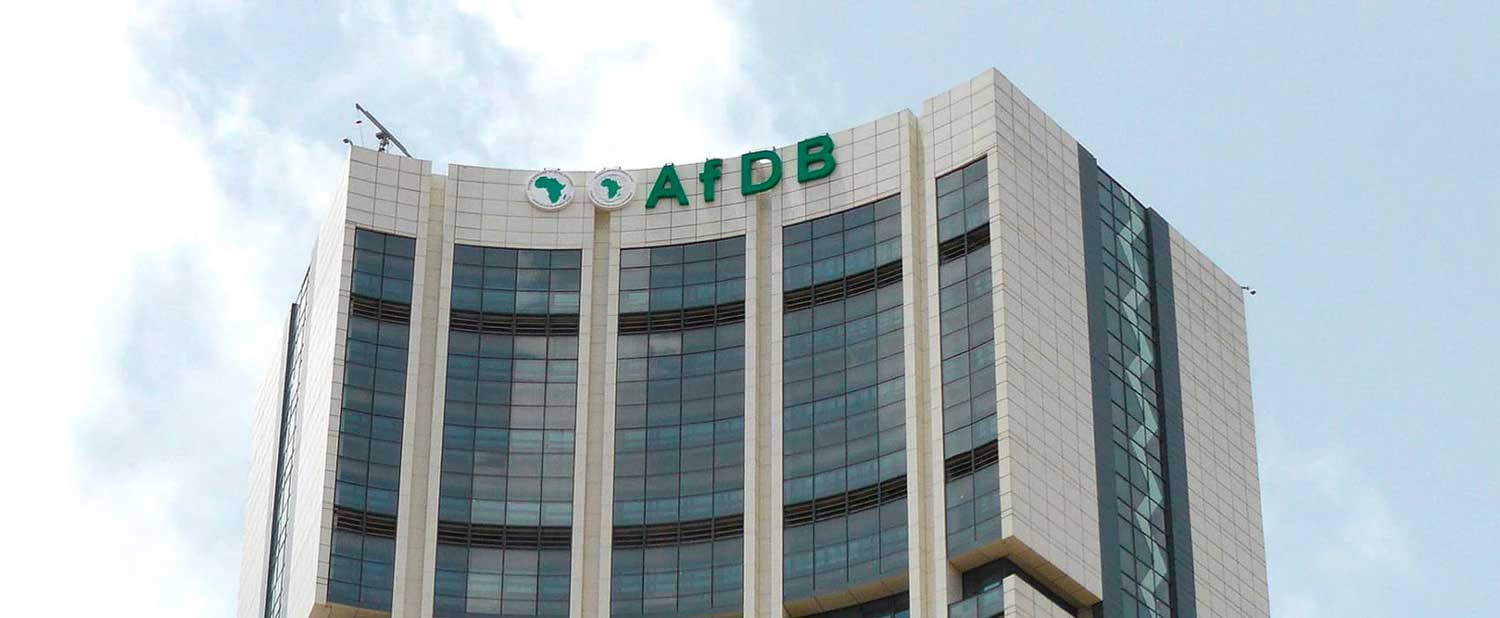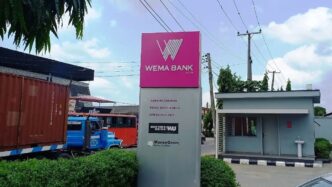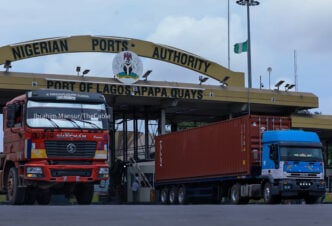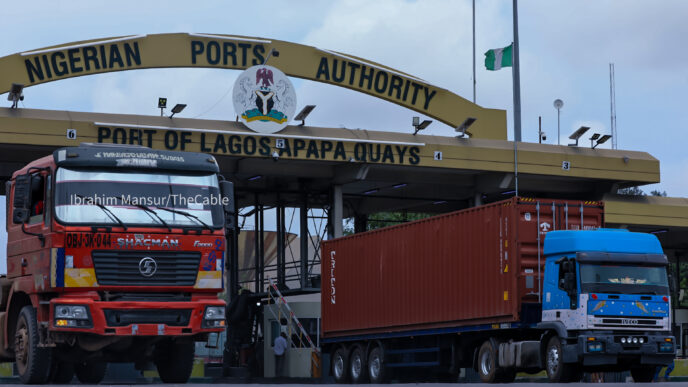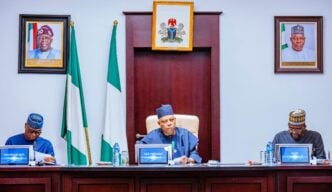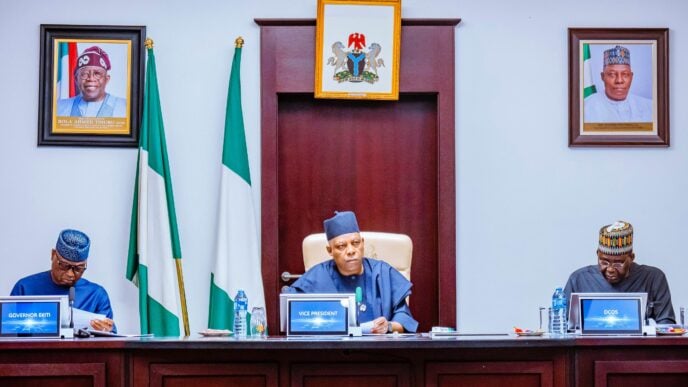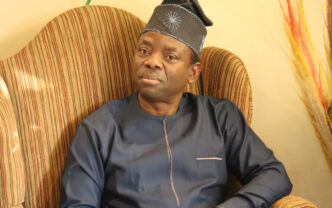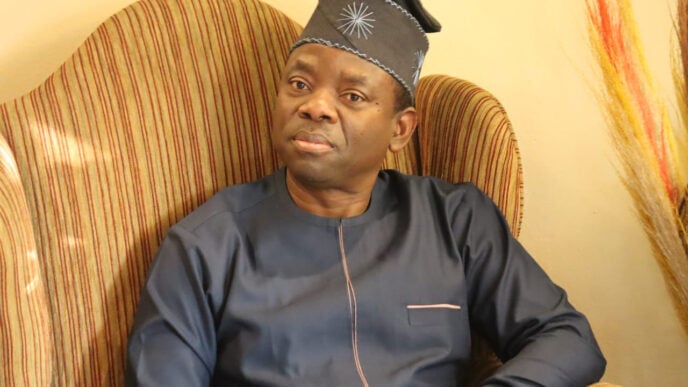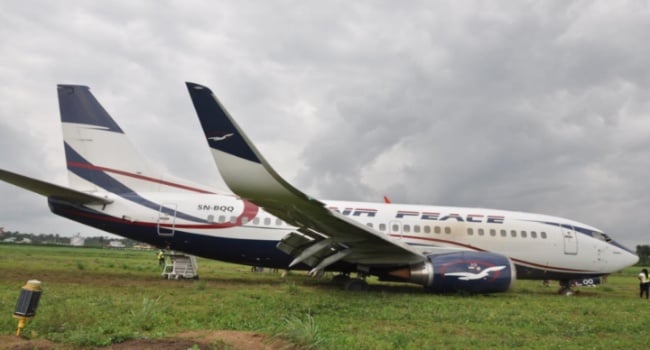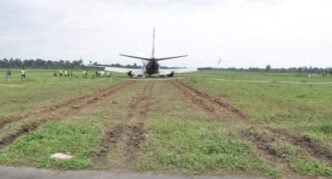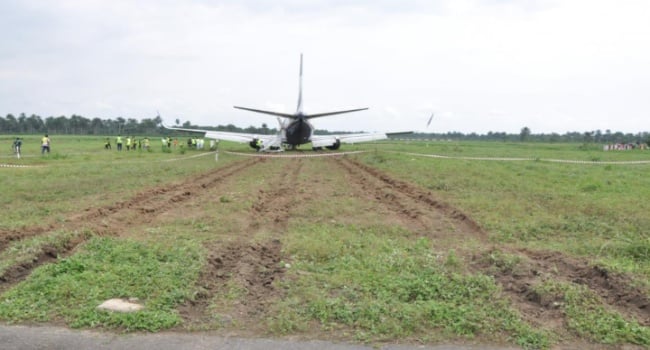The African Development Bank (AfDB) says Africa’s transition states will require $210 billion every year to achieve sustainable structural economic transformation.
Abdul Kamara, AfDB’s director-general (DG) for Nigeria, spoke on Thursday during a policy dialogue at the ongoing Nigerian Economic Society (NES) conference in Abuja.
Transition states, according to AfDB, are countries facing conditions of elevated risk of institutional breakdown, societal collapse, or violent conflict, due to an imbalance between the strains they face and their capacity to manage them.
The session was themed, ‘Driving Africa’s Economic Transformation in Transition States: The Role of Capacity Development and Knowledge Management’.
Advertisement
Kamara said despite the continent’s vast potential, transition states continue to grapple with fragile institutions, post-conflict reconstruction, limited fiscal capacity and weak revenue mobilisation — challenges that hinder inclusive development.
He said an AfDB study on inclusive growth and sustainable development in Africa, concluded in 2024, recommended scaling economic growth rates to 7 percent annually and gross domestic product (GDP) per capita growth of at least 3.5 percent.
“To achieve this, the continent must distribute growth more evenly and improve the quality of lives for Africans in the short, medium, and long term,” Kamara said.
Advertisement
He added that Africa faces a funding gap of about $680 billion yearly, with transition states requiring $210 billion but facing a financing shortfall of $188 billion.
The AfDB official said the bank, in partnership with the African Union, had created a transition support facility to channel resources into infrastructure, energy, education, technology and innovation, vital sectors critical for transformation.
Beyond financing, Kamara stressed the importance of inclusive growth that creates jobs and opportunities, especially for young people.
He cited the Investing in Digital and Creative Enterprises (i-DICE) programme in Nigeria as an example of AfDB’s push to support innovation and entrepreneurship.
Advertisement
The DG urged African policymakers to design locally tailored solutions, warning that “transformation cannot be imported” but must be driven by citizens and institutions.
He commended the NES for providing a platform for dialogue.
Kamara assured the bank’s continued commitment to provide financial and technical support to advance development in transition states across Africa.
Advertisement
